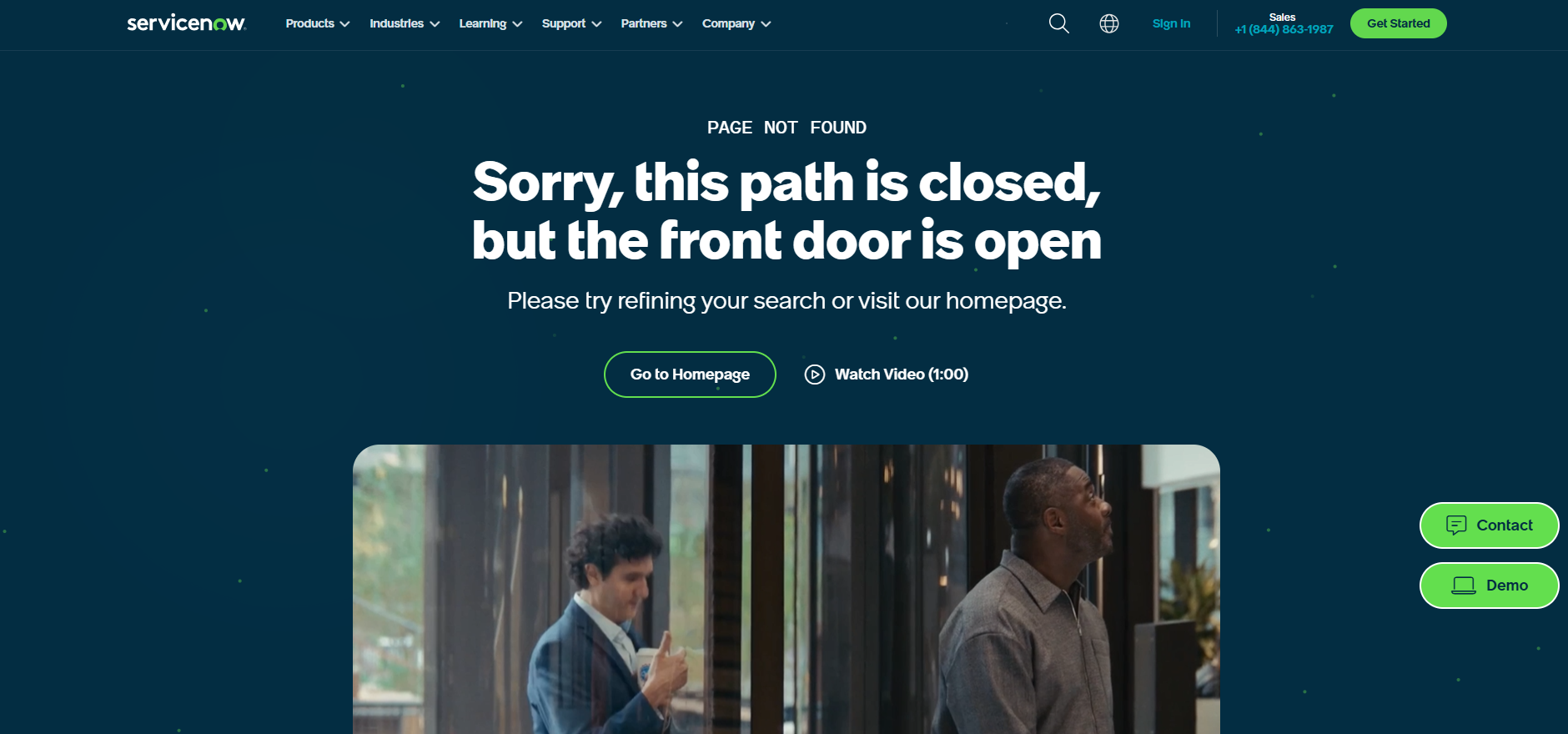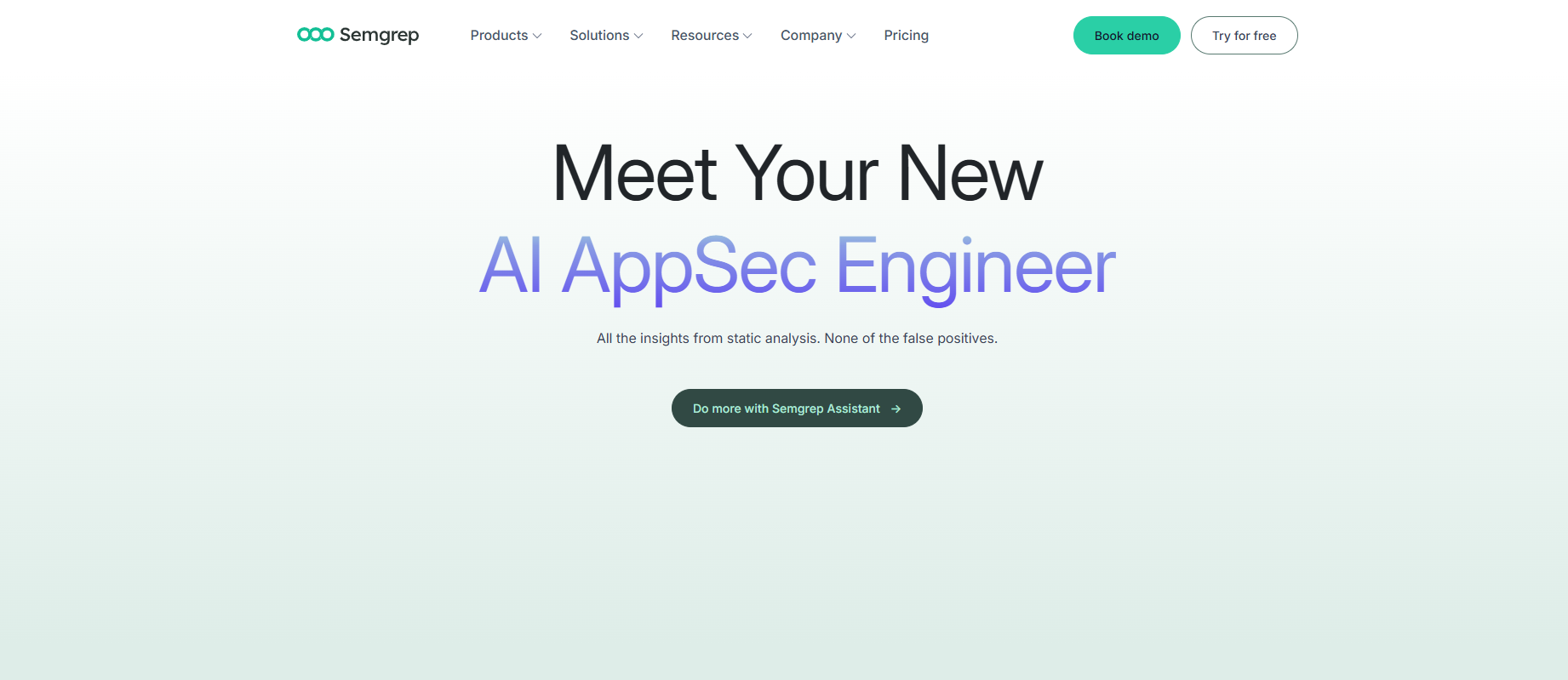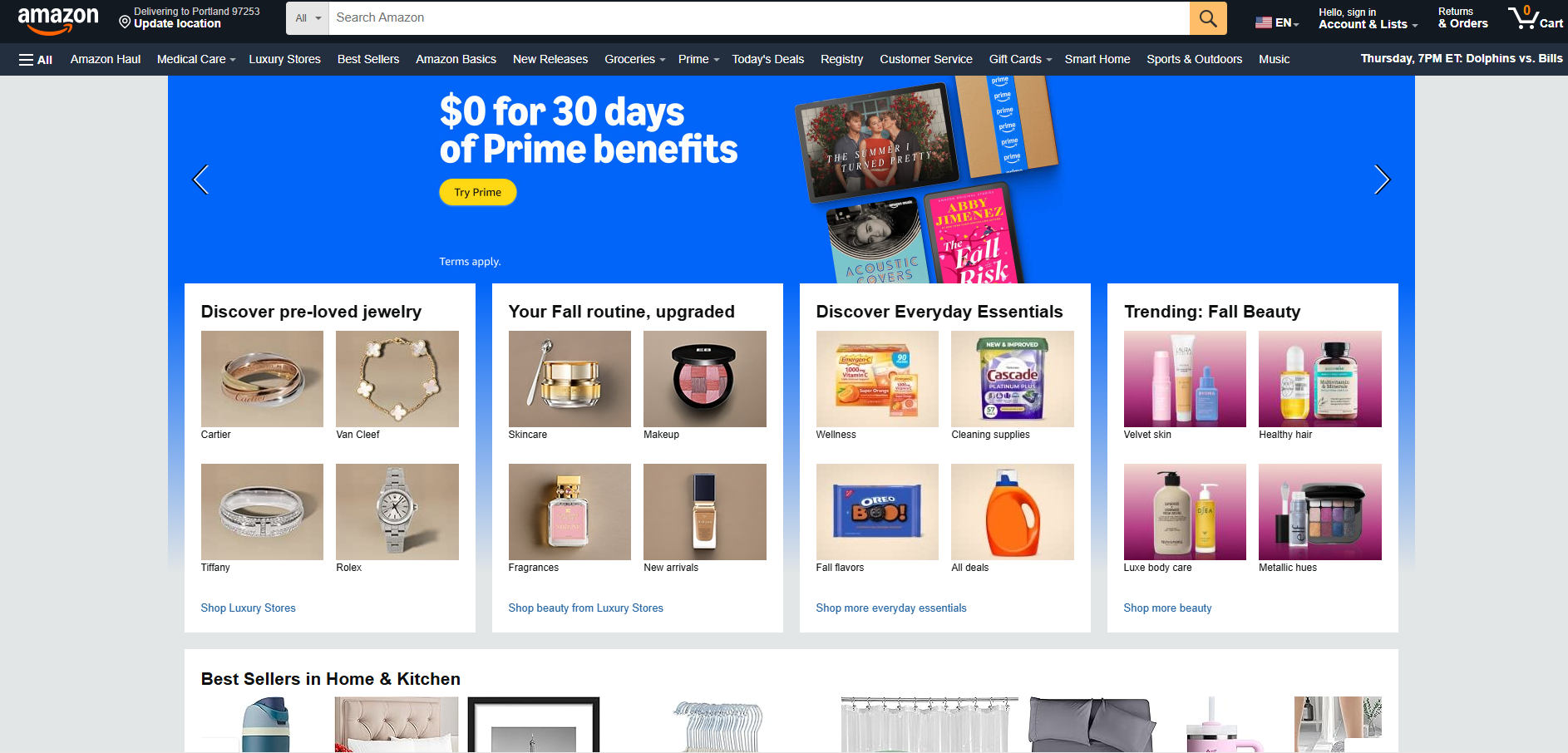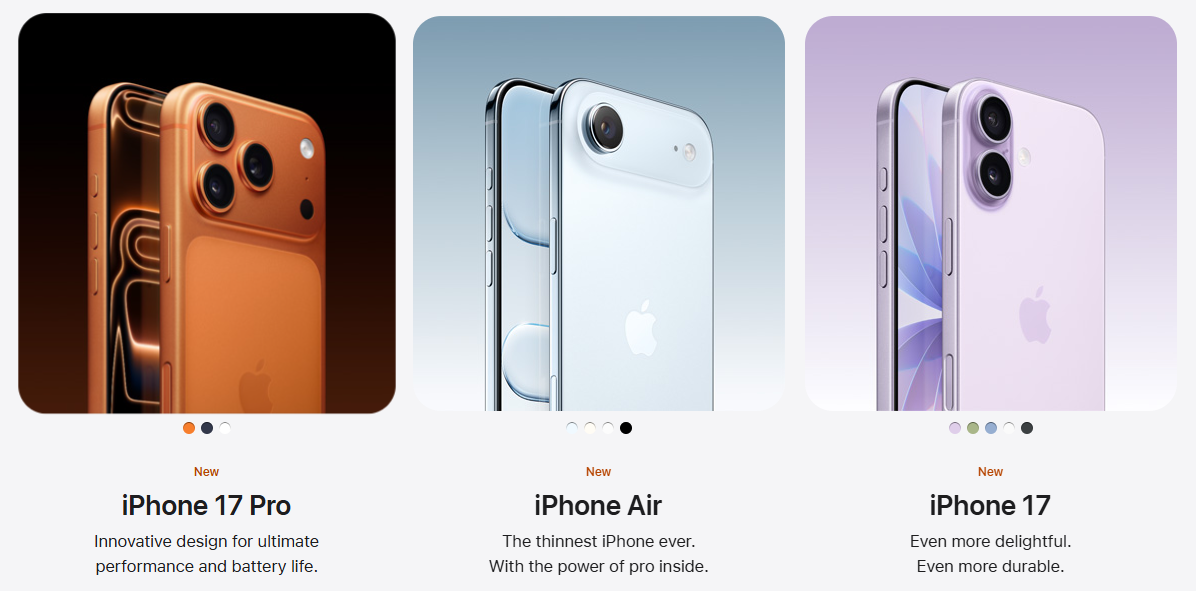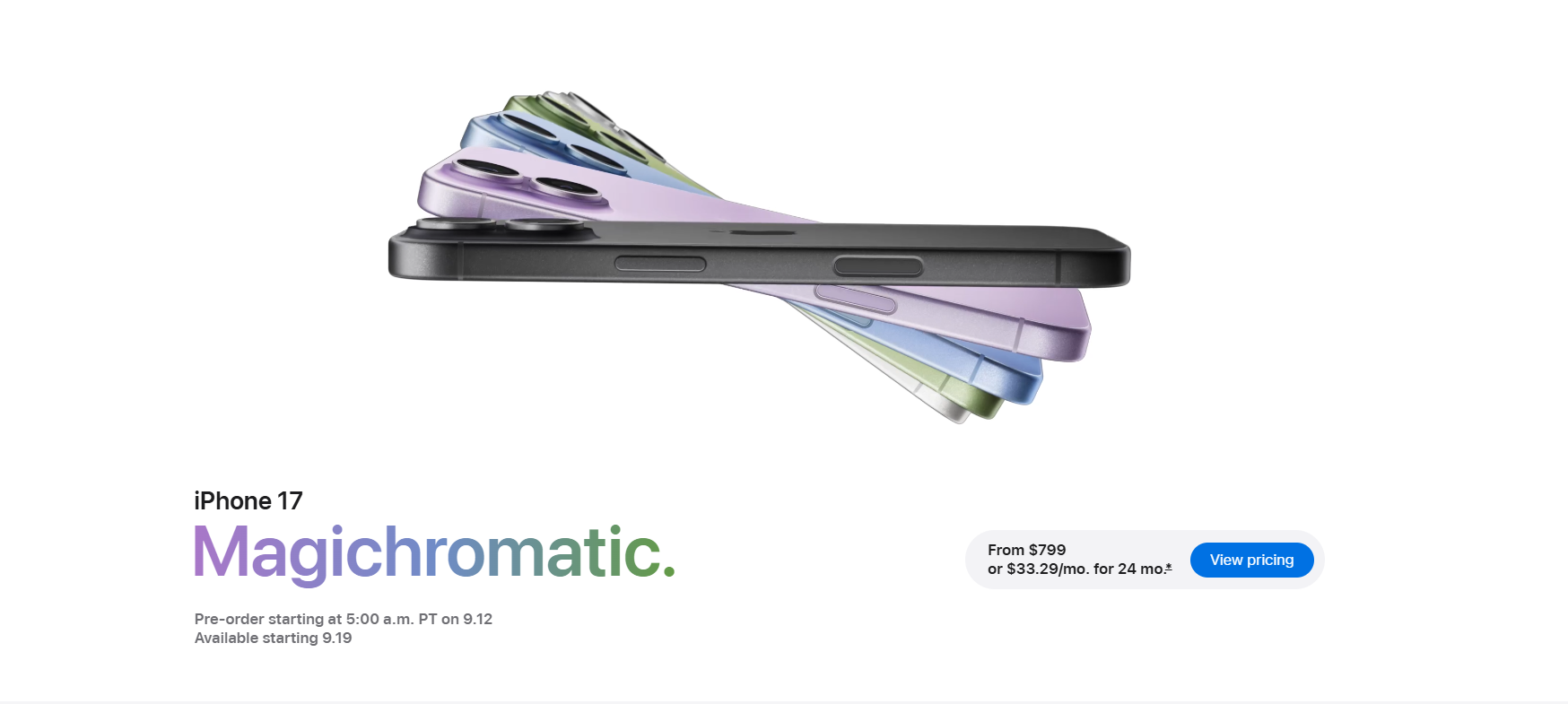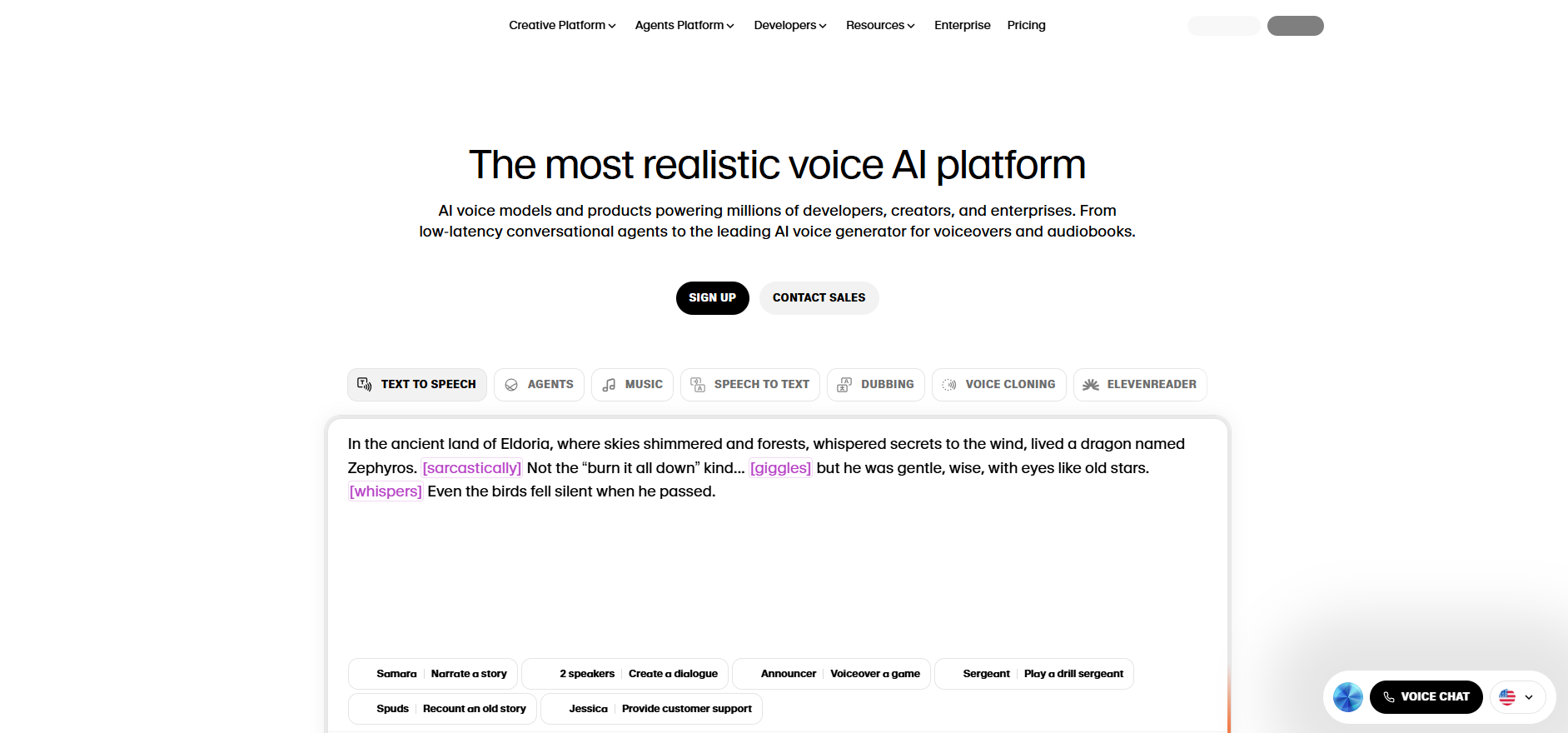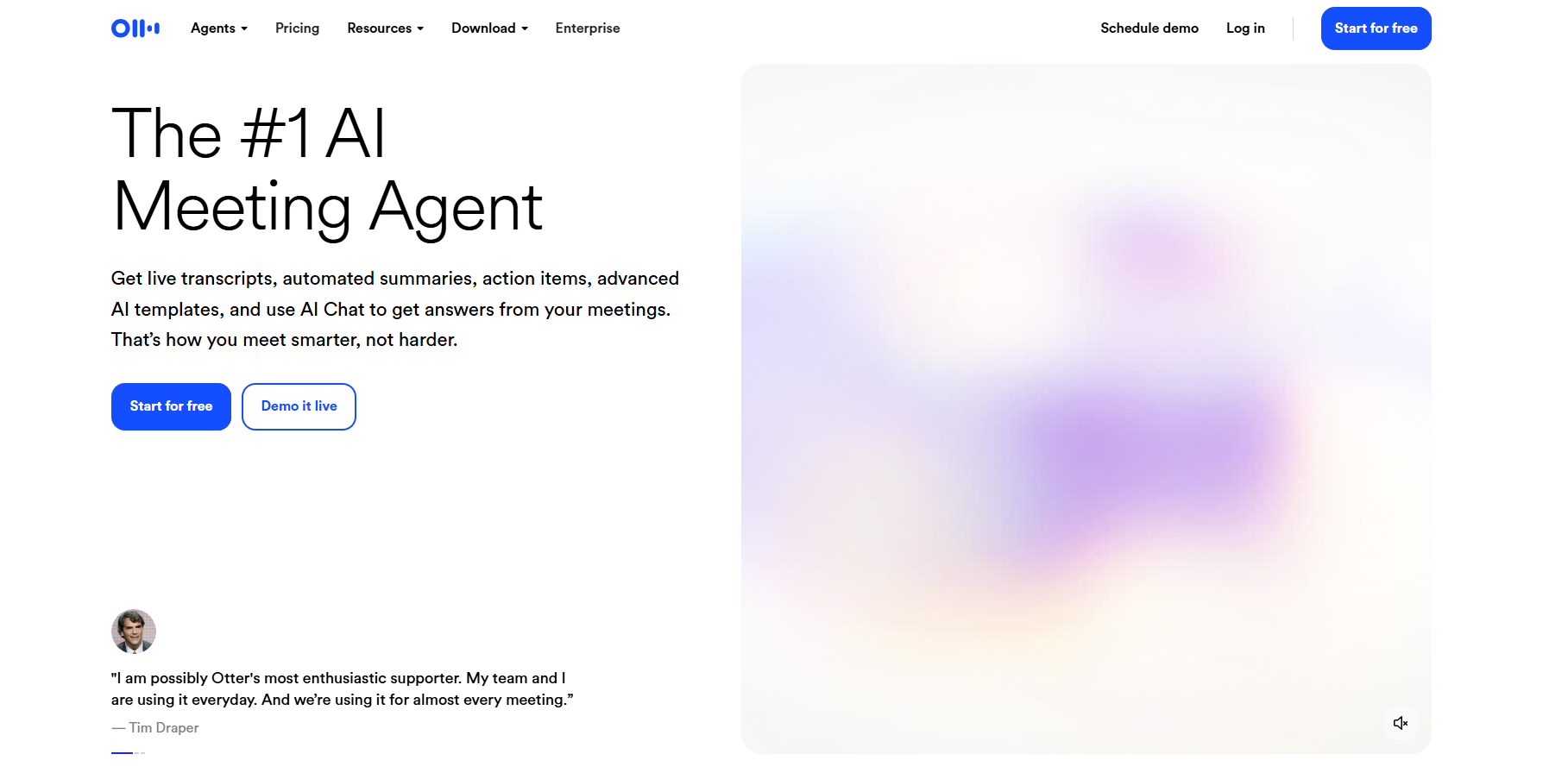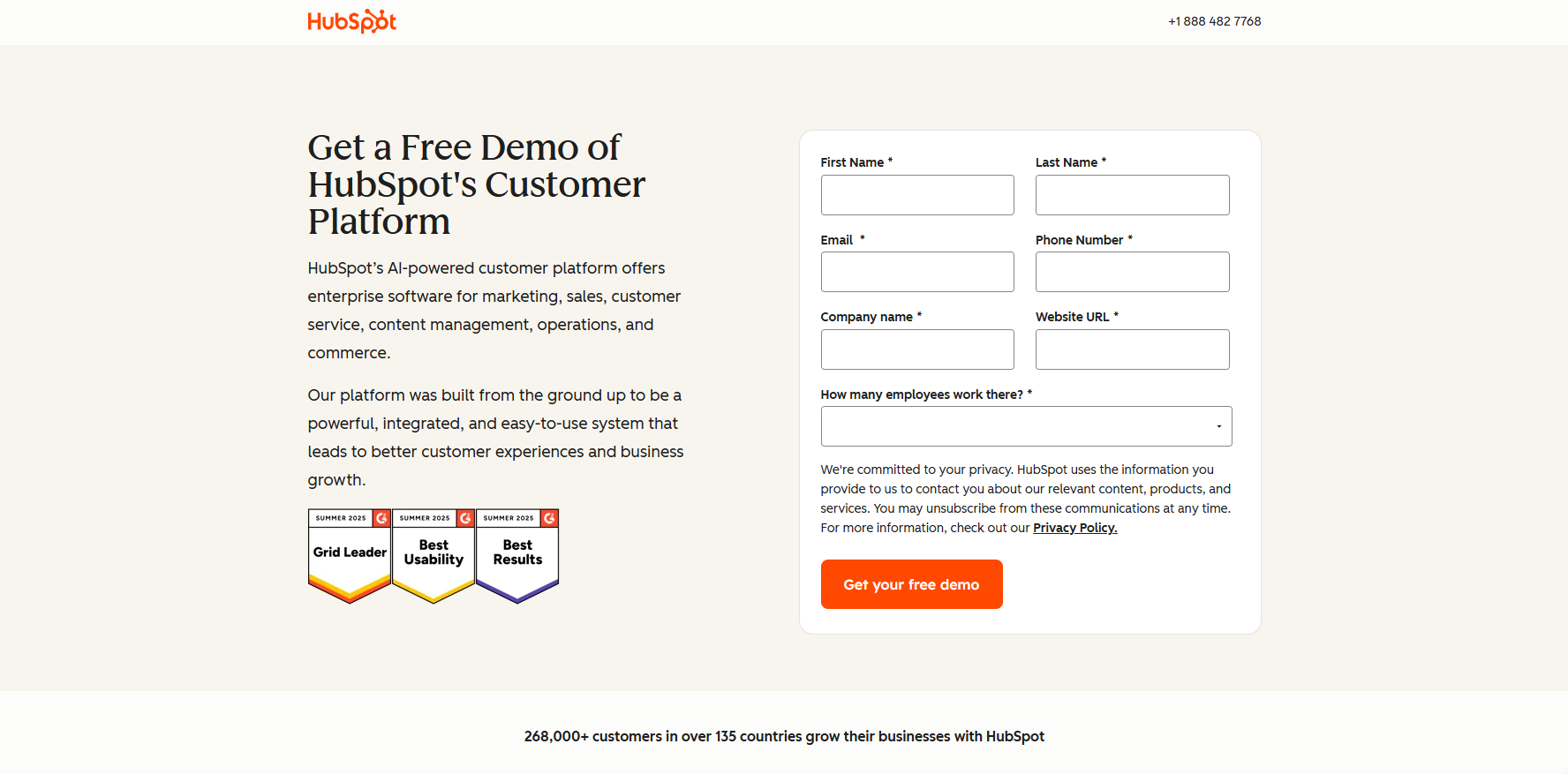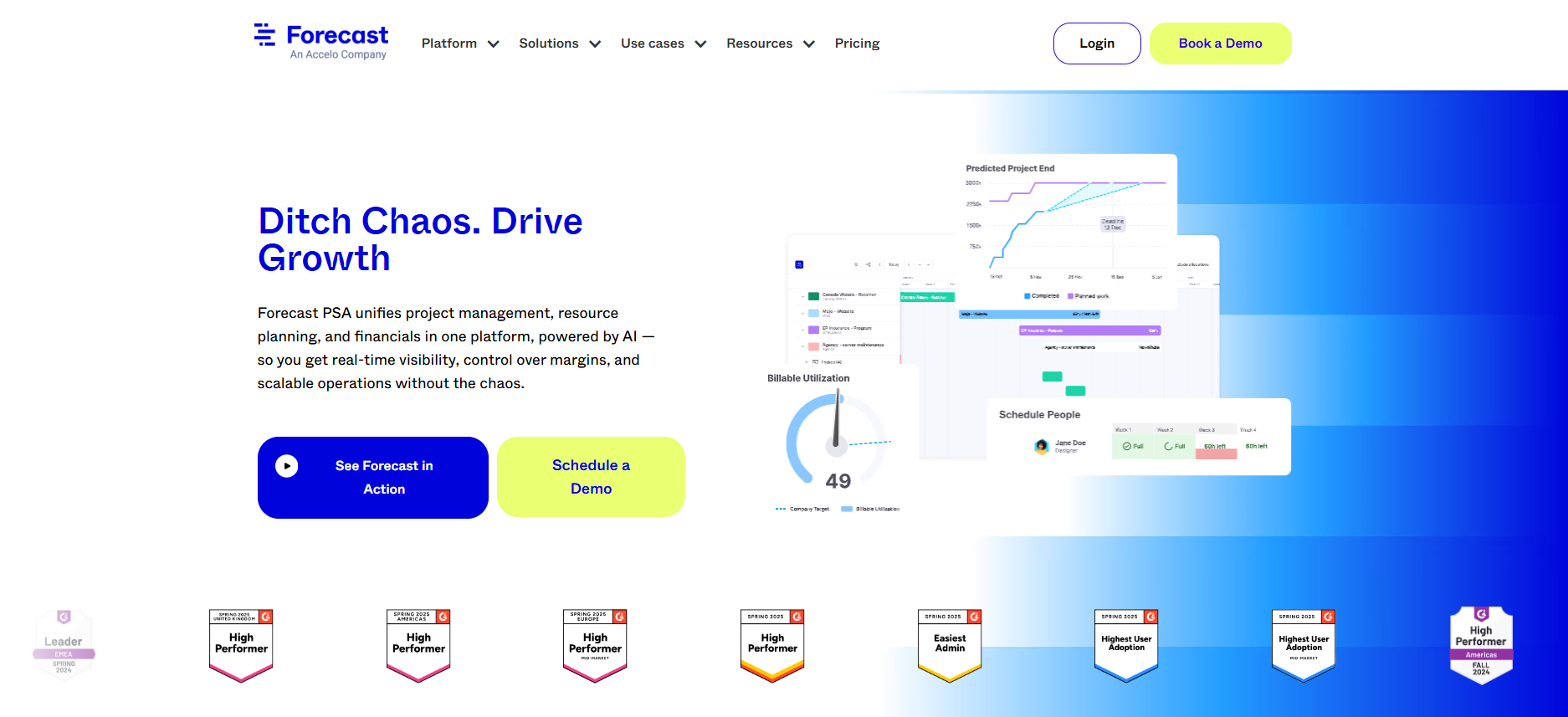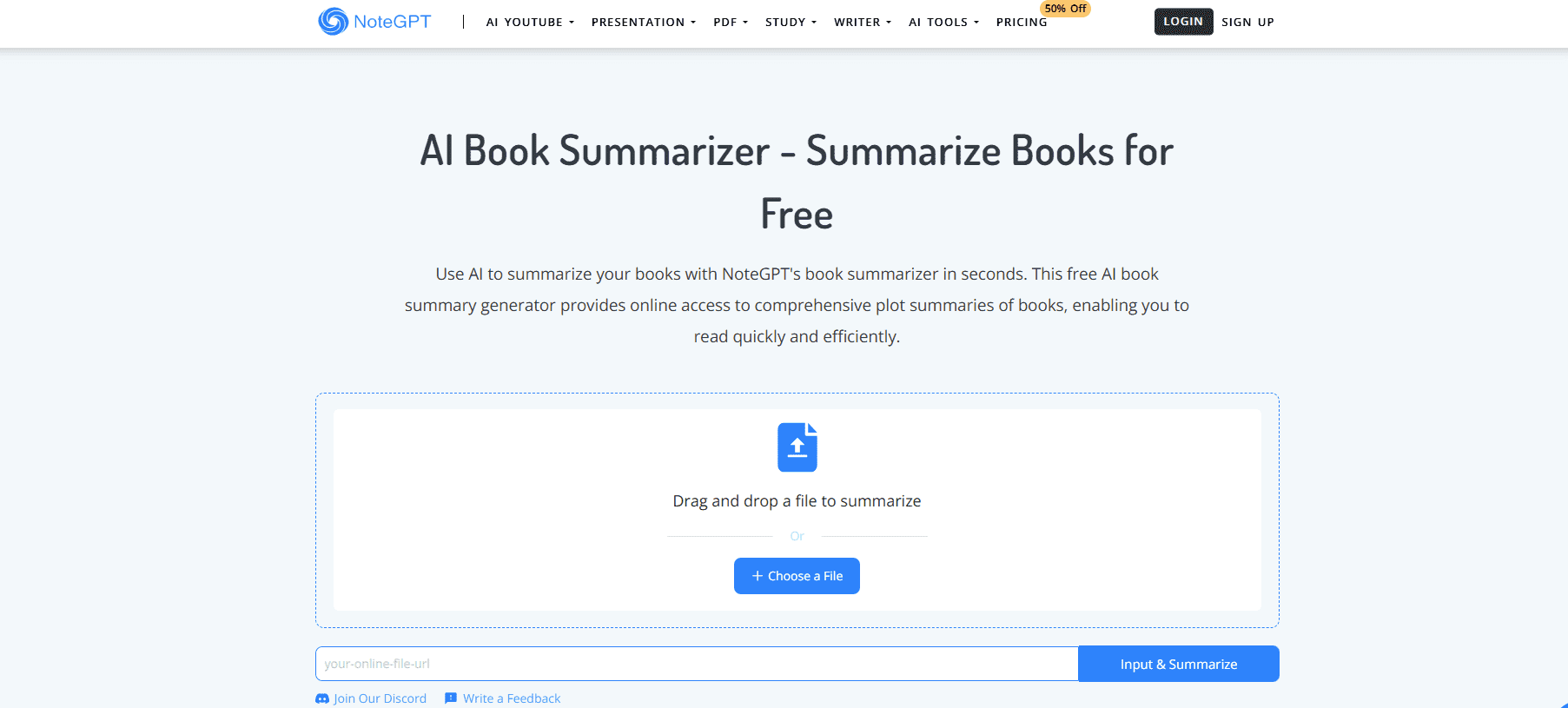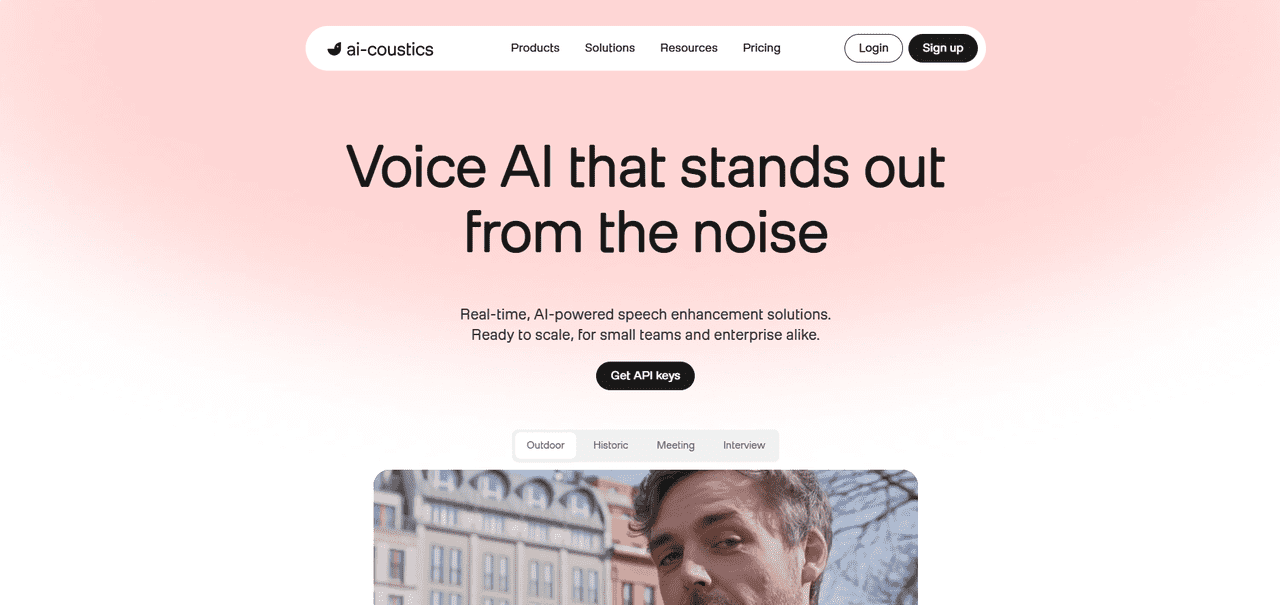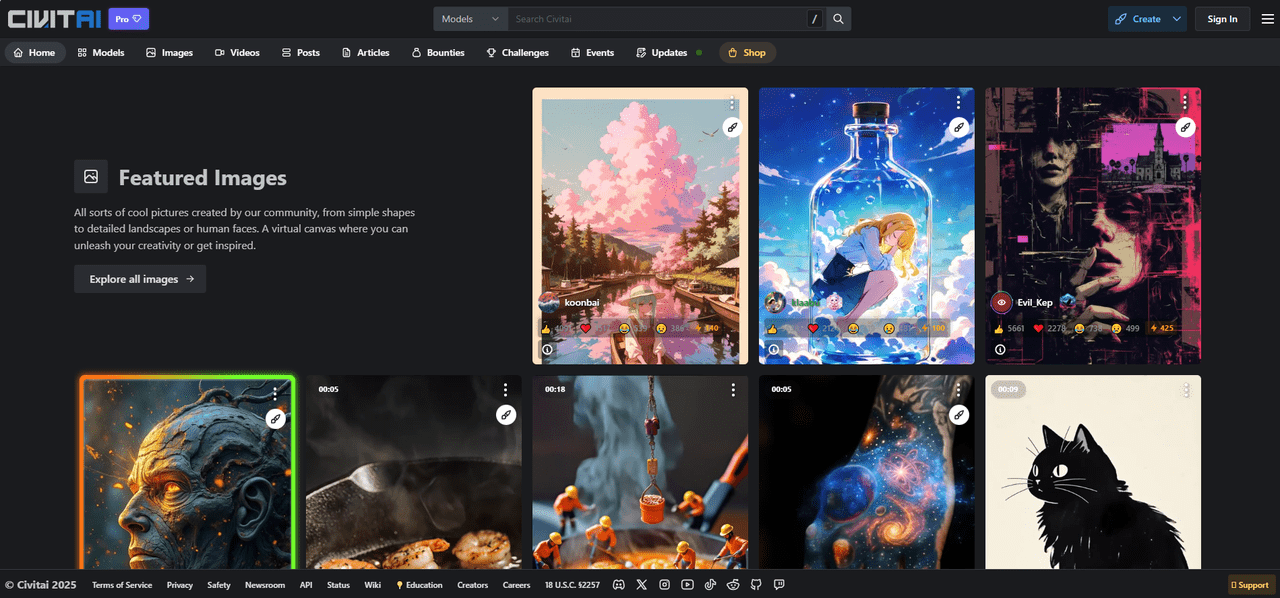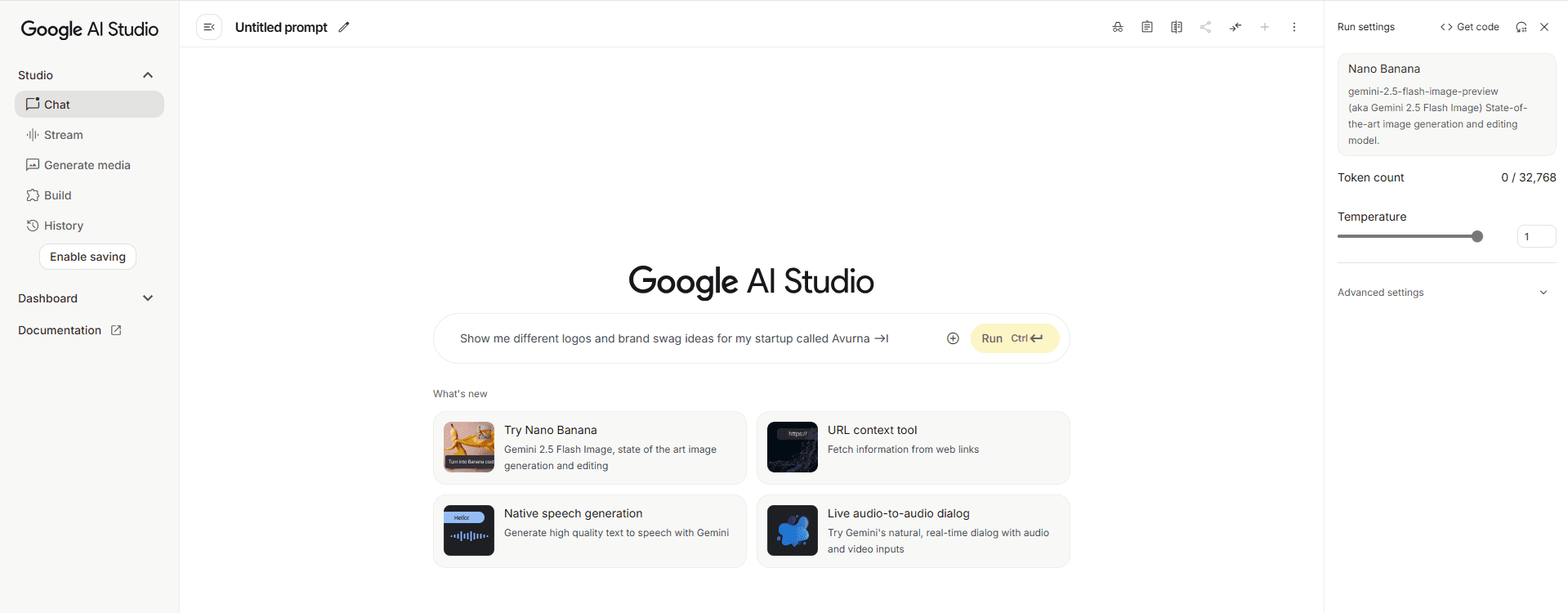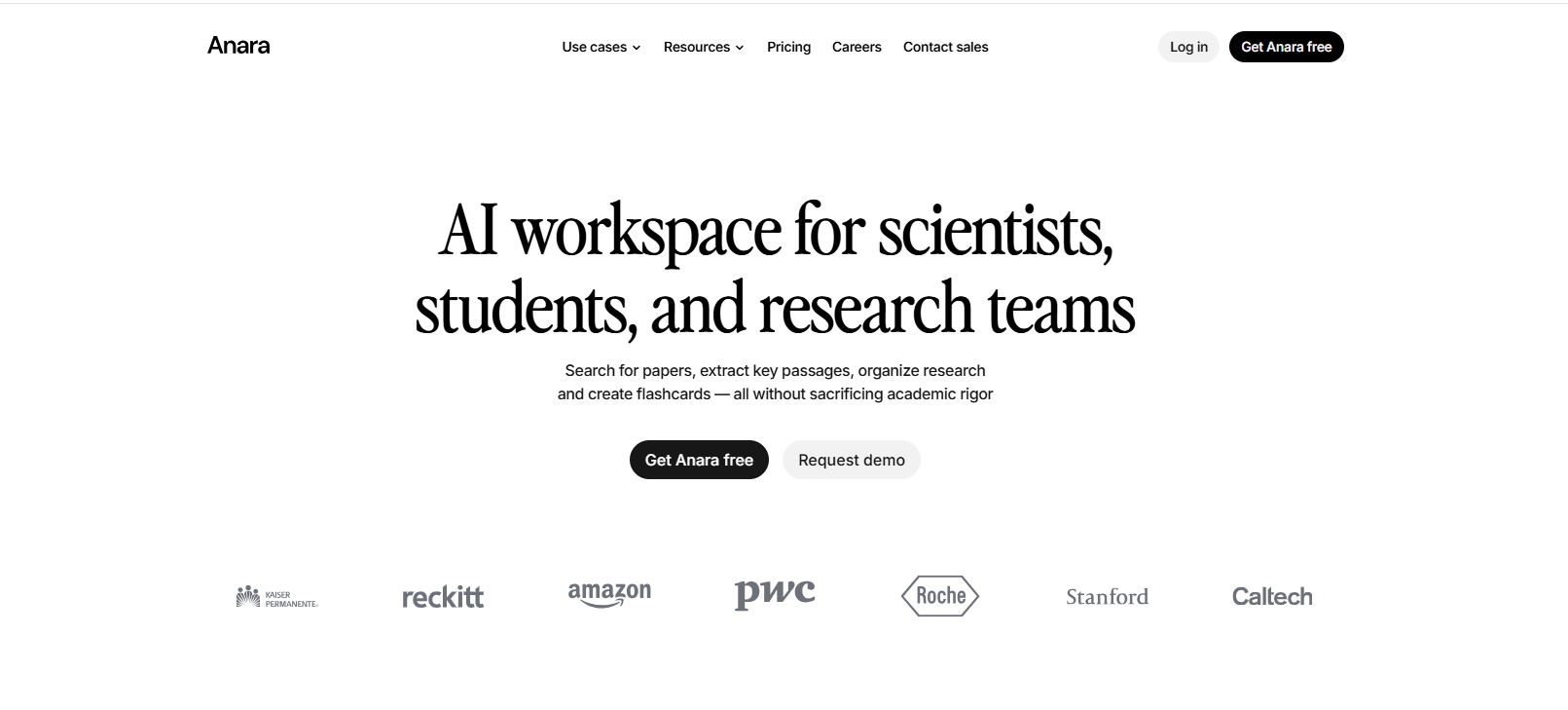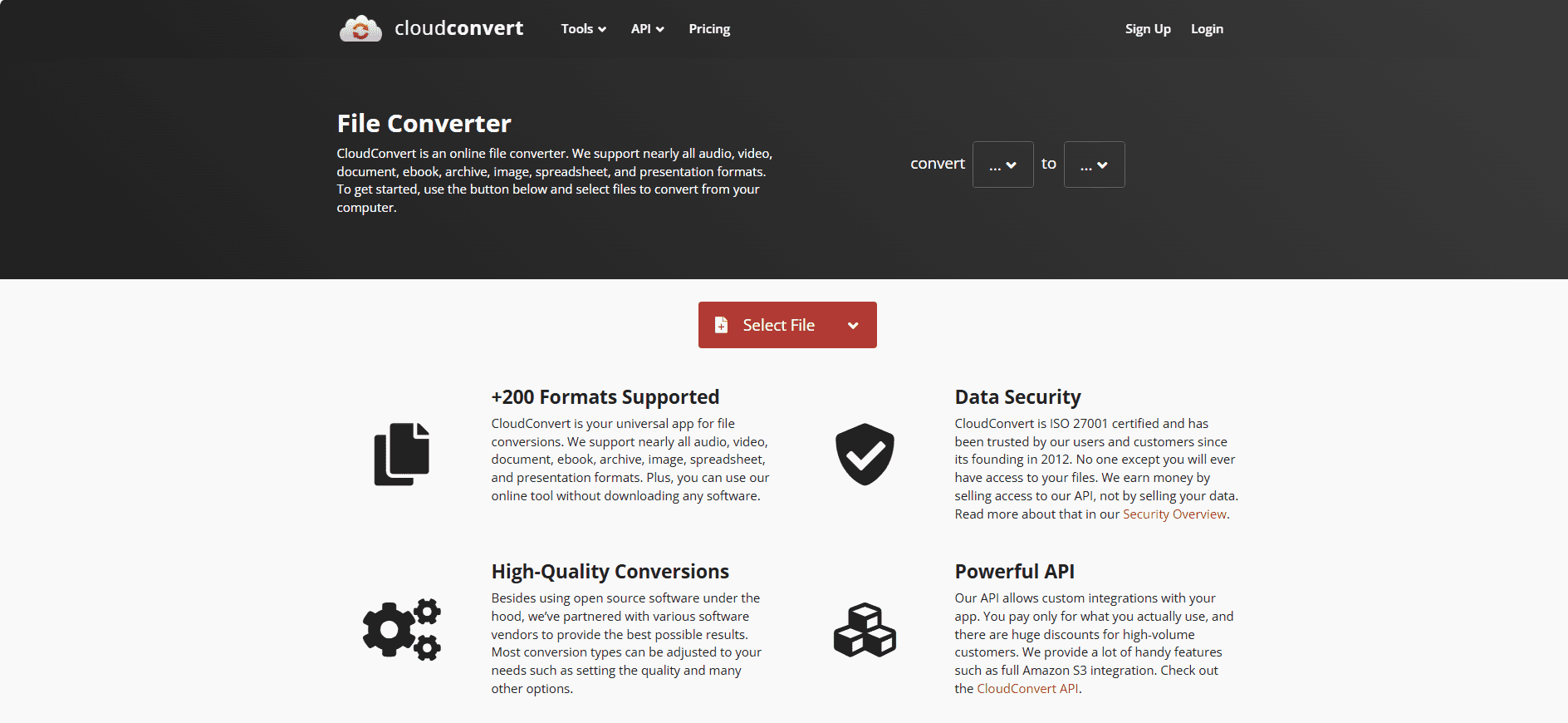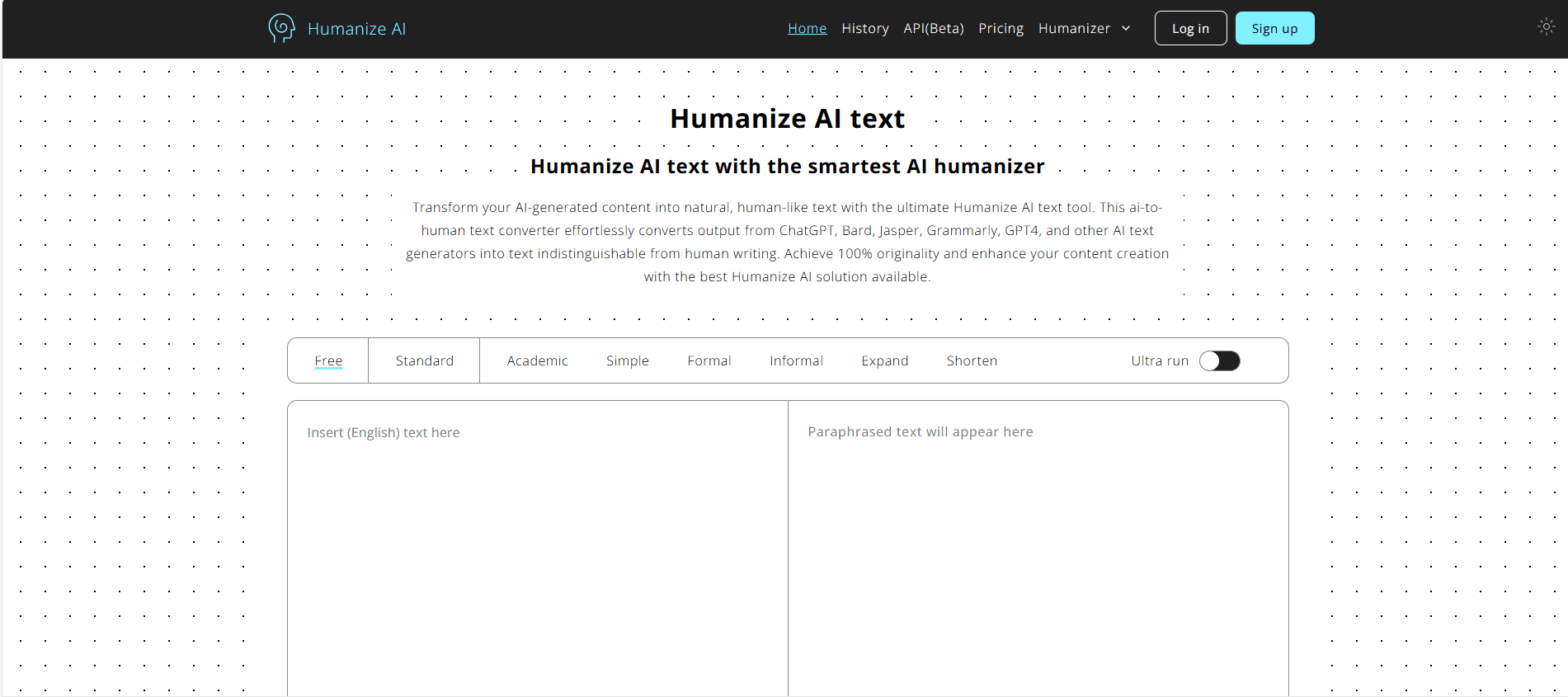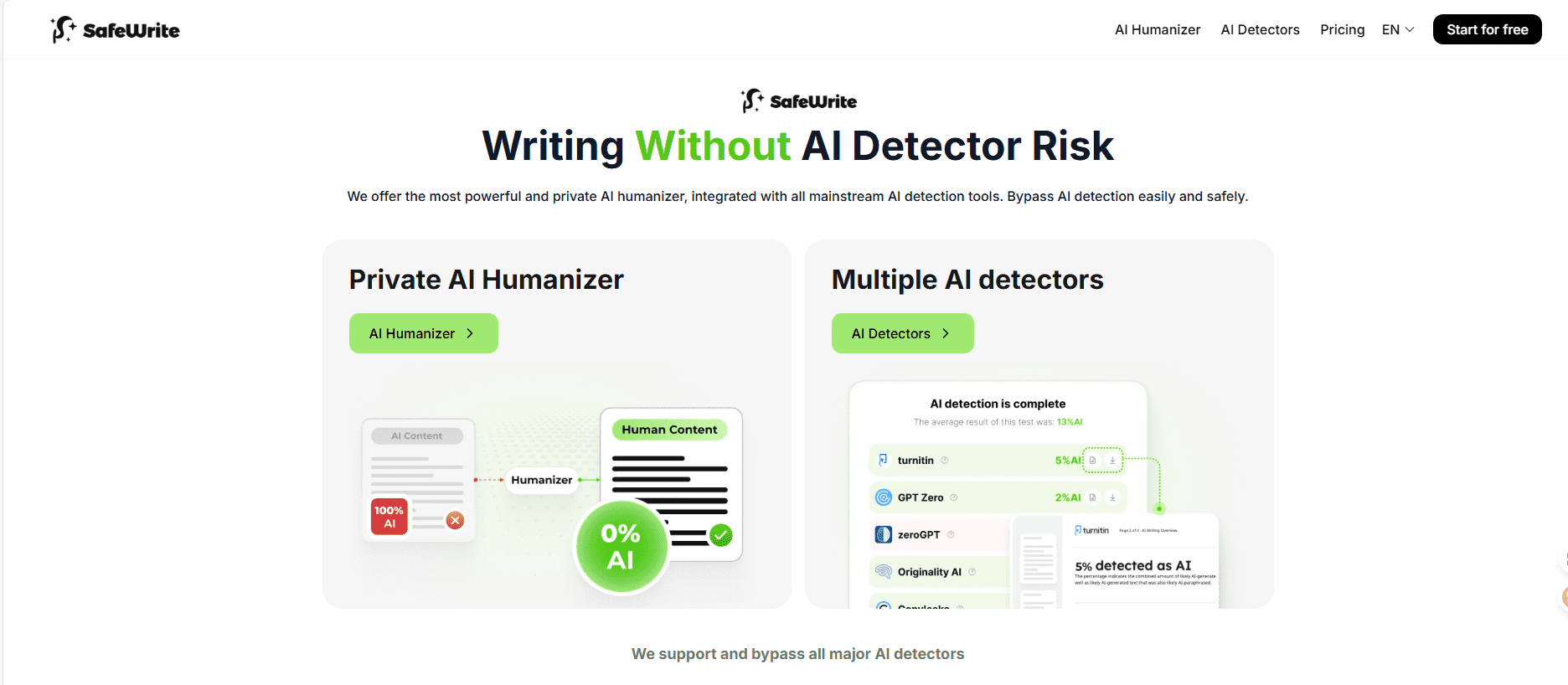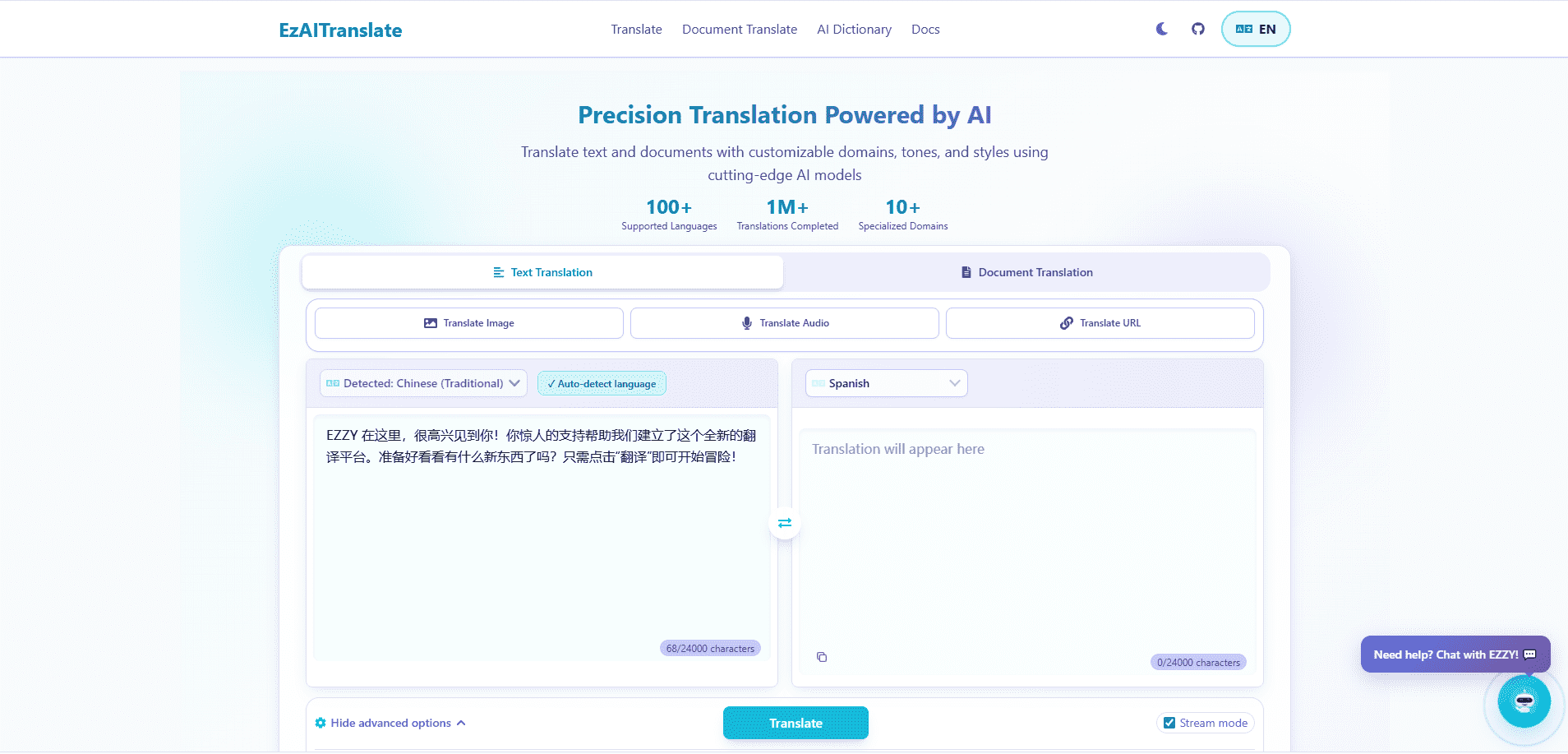The online marketplace landscape has evolved significantly beyond eBay’s traditional auction model. With platforms like Facebook Marketplace and Amazon capturing major market shares, sellers benefit from diversifying across multiple channels. These 10 alternatives to eBay each offer unique advantages—from zero fees to specialized audiences—helping you reach buyers you might otherwise miss.
1. Amazon – The Everything Store
Amazon stands as the largest ecommerce platform globally, making it the most powerful alternative to eBay for electronics and general merchandise. Unlike eBay’s auction format, Amazon focuses on fixed-price selling with comprehensive logistics support.
FBA vs Self-Fulfillment
Fulfillment by Amazon (FBA) handles storage, shipping, and customer service for you. You’ll pay storage and fulfillment fees, but gain access to Prime customers and Amazon’s trusted delivery network.
Self-Fulfillment keeps you in control of inventory and shipping, avoiding Amazon’s storage fees. However, you’ll need to meet strict delivery timelines and handle all customer service yourself.
Choose FBA if you’re selling lightweight products with good margins and consistent sales. Self-fulfillment works better for larger items or products with unpredictable demand.
Best Product Categories
Electronics, home goods, and books perform exceptionally well on Amazon. Health and personal care products have shown strong growth recently. Note that certain categories like jewelry and beauty require approval before you can start selling.
Fee Structure
Professional sellers pay $39.99 monthly plus referral fees (typically 8-15% depending on category). Individual sellers skip the monthly fee but pay $0.99 per item sold. Most sellers find the Professional account worthwhile once they’re selling more than 40 items monthly.
2. Facebook Marketplace – Local Goldmine
Facebook Marketplace has become the go-to platform for local sales, with over a billion monthly users. It’s particularly attractive because local transactions remain completely free—no listing fees, no commissions.
Zero Fee Advantage
For local, cash transactions, Facebook Marketplace charges nothing. This makes it ideal for furniture, vehicles, and other items buyers prefer to see in person. Shipped items now incur a 10% fee plus payment processing, but local remains free.
Trust Through Social Profiles
Unlike anonymous platforms, Facebook shows buyer profiles, mutual connections, and marketplace ratings. This social transparency helps build trust, though you should still meet in public places and accept secure payment methods.
Best Items to Sell
Furniture, vehicles, electronics, and baby items sell particularly well. Large items that would be expensive to ship are perfect for Facebook Marketplace, as are items people want to inspect before buying.
3. Walmart Marketplace – Corporate Credibility
Walmart Marketplace connects sellers with millions of shoppers who trust the Walmart brand. While more selective than eBay, approved sellers benefit from integration with Walmart’s physical stores and established customer base.
Entry Requirements
You’ll need a US business tax ID and proven sales history to join. Walmart prefers established businesses over individual sellers, making this platform better suited for those ready to scale.
Store Integration Benefits
Walmart’s fulfillment service offers 2-day delivery and allows returns at physical stores—a huge convenience for customers. Products with the TwoDay badge see significantly higher conversion rates.
Target Demographics
Walmart shoppers tend to be value-conscious and prefer established brands. Home essentials, brand-name electronics, and everyday consumables perform best here.
4. Mercari – The Simple Seller
Mercari keeps things straightforward with a flat 10% fee on all sales—no complex calculations or hidden charges. This simplicity, combined with user-friendly features, makes it excellent for casual sellers.
Transparent Pricing
The 10% fee covers everything: listing, selling, and payment processing. Compare this to eBay’s various fees that can total over 13%, and Mercari’s appeal becomes clear.
Shipping Made Easy
Mercari provides prepaid shipping labels at discounted rates. The platform automatically suggests pricing based on similar sold items, taking the guesswork out of competitive pricing.
Smart Features
The app uses image recognition to identify products and suggest categories, descriptions, and pricing. This automation saves time and helps optimize listings for better visibility.
5. Bonanza – The Entrepreneur’s Choice
Bonanza attracts serious sellers with free listings and automatic Google Shopping integration. Your products appear not just on Bonanza but also in Google search results, expanding your reach significantly.
Google Shopping Integration
Every listing automatically syndicates to Google Shopping at no extra cost. This external traffic source can account for a significant portion of your sales without additional advertising spend.
Multi-Channel Management
Bonanza can import your existing eBay or Amazon listings in bulk, making it easy to expand your presence. The platform syncs inventory across channels, preventing overselling.
SEO Benefits
Unlike marketplace-only platforms, Bonanza gives you a customizable booth URL and strong SEO features. This helps build your brand identity and attracts organic search traffic.
6. AliExpress – Dropshipping Paradise
AliExpress connects buyers directly with manufacturers, primarily in China. While known for buying, it’s also a powerful platform for dropshippers who want to sell without holding inventory.
Direct Manufacturer Access
Access thousands of suppliers offering wholesale prices with no minimum orders. This allows you to test products without significant upfront investment.
Zero Inventory Model
Dropshipping through AliExpress means suppliers ship directly to your customers. You avoid inventory costs and can offer a vast product range without warehouse space.
Managing Expectations
International shipping typically takes 2-4 weeks. Success requires clear communication about delivery times and excellent customer service to manage expectations.
7. Etsy – Creative Community
Etsy dominates the handmade and vintage market with buyers specifically seeking unique, artisanal products. The platform’s algorithm actively promotes original creations over mass-produced items.
Algorithm Preferences
Etsy rewards high-quality photos, detailed descriptions, fast shipping, and excellent customer service. Using all available photo slots and maintaining quick response times boost your visibility.
Star Seller Program
Achieving Star Seller status requires maintaining high standards for shipping, reviews, and communication. The badge provides credibility and potential search ranking benefits.
Built-in Marketing
Etsy Ads start at just $1 daily, and the platform offers various promotional tools like sales and coupons. The strong internal search means less need for external marketing.
8. Poshmark – Social Fashion
Poshmark turns fashion selling into a social experience. With features like virtual shopping parties and community sharing, it’s ideal for clothing and accessory sellers who enjoy engagement.
Posh Parties
These themed virtual events happen multiple times daily, where sellers share listings in real-time. Participation significantly increases visibility and sales potential.
Authentication Services
For items over $500, Poshmark provides free authentication, giving buyers confidence in luxury purchases. This service covers major designer brands and helps prevent counterfeits.
Social Selling
Success on Poshmark involves active participation—sharing others’ listings, following users, and engaging with the community. This reciprocal system rewards active sellers with increased visibility.
9. Reverb – Musicians’ Market
Reverb specializes exclusively in musical instruments and gear, serving a passionate community of musicians. This focus means less competition from unrelated products and buyers who understand value.
Price Guide Database
Reverb’s extensive database of completed sales helps price instruments accurately. This historical data proves especially valuable for vintage and rare gear.
Global Reach
The platform ships worldwide with simplified international selling tools. Reverb handles customs forms and offers competitive shipping rates for musical equipment.
Specialized Protection
Understanding that instruments are delicate and valuable, Reverb offers robust protection programs and specialized shipping solutions for high-value items.
10. Depop – Gen Z Trendsetter
Depop captures the younger generation with its Instagram-like interface and focus on sustainable fashion. If you’re selling trendy, vintage, or unique fashion pieces, this platform offers access to engaged young buyers.
Mobile-First Design
Everything happens through the app, from listing to selling. The visual, swipe-based interface appeals to users accustomed to social media shopping.
Explore Page Potential
Getting featured on Depop’s Explore page can multiply your visibility overnight. This requires high-quality photos and unique styling that catches the algorithm’s attention.
Sustainability Focus
Depop buyers value sustainable fashion and unique finds. Emphasizing the eco-friendly aspect of buying secondhand resonates strongly with this audience.
Choosing Your Platforms
Success in online selling often means using multiple platforms strategically:
– Electronics & General Goods: Start with Amazon or eBay
– Handmade Items: Focus on Etsy
– Fashion: Try Poshmark or Depop
– Local/Large Items: Use Facebook Marketplace
– Music Gear: Reverb is your specialty platform
Begin with 2-3 platforms that match your products, then expand gradually. Each platform has its own culture and best practices—understanding these differences is key to maximizing sales.
Final Thoughts
While eBay remains a solid marketplace, these alternatives offer unique advantages worth exploring. Some provide lower fees, others offer specialized audiences or better integration with search engines. The most successful sellers today diversify across multiple platforms, adapting their approach to each platform’s strengths.
Start where your products fit best, maintain consistent quality across all channels, and gradually expand your presence. Remember that each platform’s audience has different expectations—understanding and meeting these expectations will drive your success across all marketplaces.

